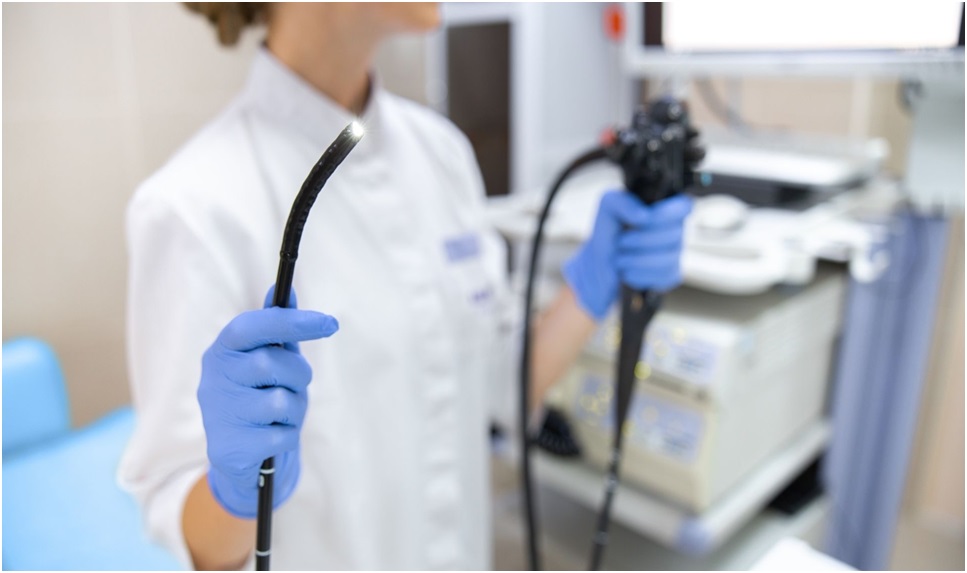What can an endoscopy detect? Doctors mainly use endoscopy to have a close look at the uppermost digestive tract, which includes the stomach, esophagus, and the first portion of the intestine (small). Continue reading the article to know what can an endoscopy find.
What diseases can be detected by an endoscopy?
Doctors use EGD for detecting a wide range of ailments. An upper endoscopy can detect conditions that affect the lining of the upper digestive tract or obstruct the aisle of food. Here are some very common ailments:
1.Inflammation and ulcers
An upper endoscopy can spot inflammation within the upper digestive tract, counting esophagitis (inflammation of the esophagus), duodenitis (inflammation of the duodenum), and gastritis (inflammation of the stomach).
Inflammation can lead to ulcers and erosion. A helicobacter pylori infection is the common cause of inflammation, which can cause stomach and duodenal ulcers.
Your medical doctor might prescribe an upper endoscopy if you are experiencing inflammation or ulcer signs. Common signs include bloating, nausea, burping, vomiting, and stomach ache.
2.Esophageal varices
Esophageal varices are expanded veins within the esophagus walls that can break and bleed. A person experiencing esophageal varices might vomit blood and have tarry, dark, or bloody stools. The blood loss can be life-threatening. Typically, there are no signs until they bleed.
For the prevention of severe health problems, the doctor might prescribe you an upper endoscopy if you are suffering from liver disease. Learn how to prepare for an upper endoscopy.
3.Tumors and cancer
Your doctor can watch abnormal bumps, ulceration, and masses throughout an upper endoscopy. A biopsy will be used in this instance. The biopsy is tested inside a lab to check whether the biopsy sample is benign (non-cancerous) or malignant (cancerous). Stomach cancer or gastric cancer is the most common cancer of the upper digestive tract, followed by esophageal cancer. Duodenal cancer is comparatively uncommon.
Your doctor might recommend an upper endoscopy Baltimore if you have signs of gastric cancer. These can be nausea, anemia, vomiting, etc.
4.GERD
GERD or acid reflux happens while gastric acid runs through the stomach to the esophagus. GERD reflux can harm the lining of the esophagus. Further, it leads to Barrett’s esophagus, the development of abnormal cells that may cause cancer.
The doctor might prescribe an upper endoscopy if you are experiencing lasting signs of acid reflux. Common signs include nausea, indigestion, heartburn, and vomiting.

